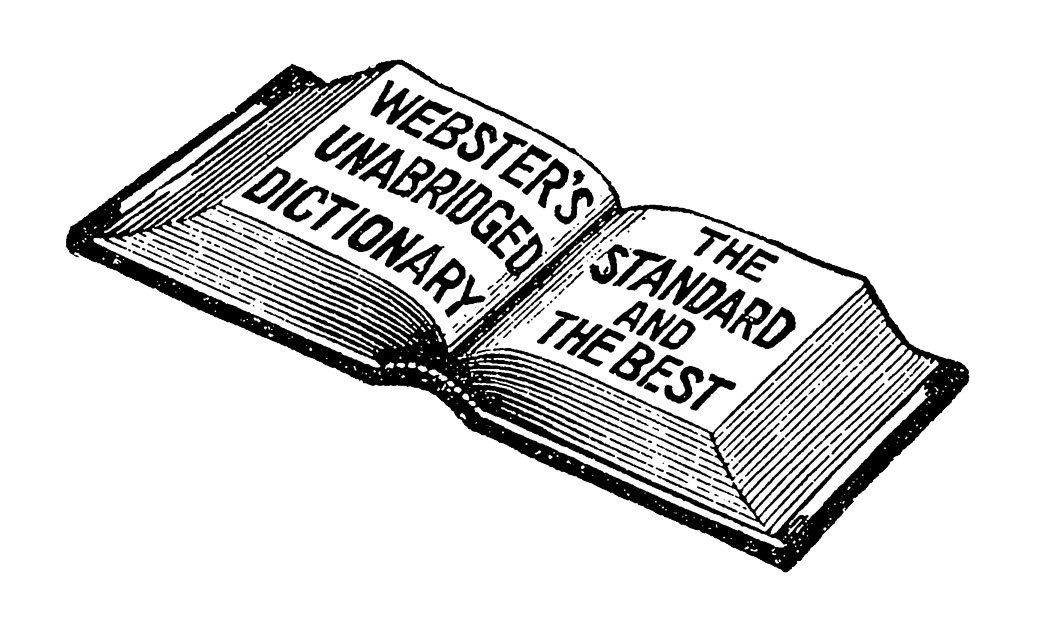Words of the Year
Apparently, certain lexicons annually award a word of the year. There are actually more than one of these awards, but the word celebrated by Dictionary.com usually receives the most acclaim. For 2020, its word of the year is “confidence”. It has been a year of not too much of that – perhaps they are trying to infuse it back into the world.
I was more intrigued by the word of the year for 2019. It is the adjective “existential”.
It seems that a plethora of journalists used the word in their own editorials throughout the year 2019, hence the recognition.
It's an interesting word.
Existential is an adjective that relates to the essence of existence. So, an “existential threat” is an event or occurrence that could threaten our existence, or an “existential theory” is an explanation of how or why we exist.
There is another facet of the adjective, though, that is worthy of note, and the reason for this editorial. The adjective “existential” also describes an unusual doctrine that surfaced and flourished at the beginning of the last century. It was known as Existentialism, and people who embraced its components were called existentialists.
The movement began in Europe, the brainchild of a man called Kierkegaard. It flourished on the continent, especially in France, Sweden and Germany. By the early part of the 1900s, it made its way across the Atlantic to the United States.
I had to study this doctrine in college. As a French major, I was assigned reading multiple French authors who embraced existentialism. It was not pleasant, but I learned quite a bit about this still popular doctrine.
Existentialism basically theorizes that all the universe is chaos. There’s no order, there’s no Supreme Being, everything eventually means nothing, because it all ends in nothing. We have to live for today, and make our own way. Whether you believe it or not (I personally do not), it remains a popular concept in modern writing; and many, many books – including novels – utilize this widely accepted tenet.
Some of the books I had to read were humorous, focusing on the absurd quality of life in general. One of them was a book by an author named Ionesco, called Rhinoceros. People just inexplicably started to grow rhinoceros horns on their faces one day. Another book, by an author I don’t recall, told the story of a man who became violently ill every time he saw or touched anything – even a doorknob – because it too had existence. Finally, one day he met a woman who also became equally ill at the thought of inanimate objects having as much right to exist as she did, and they fell in love. Yes, they were weird books.
Other books were serious – and usually depressing. The famous novel by Albert Camus, called The Stranger, is an example. The book received the Nobel Prize for literature in 1957. The protagonist isn’t even likable. He’s utterly selfish with little intellectual prowess. At the death of his mother, he’s more concerned with being hungry than with losing her. He does terrible things, including murder, which he commits without reason. He ends up (spoiler alert!) dying by execution, his entire life having been a waste. Most of the non-humorous ones end that way.
In studying history, including Civil War history, most of our subjects are no longer living either. But many of them made sense of their lives. They wanted the order that is so elusive in existentialism as well as in real-life war. The human element is essential in keeping interest in the past, and for living in the present.
Existentially, humans matter. Life matters. The planet and just about everything in it follow a pattern, an order, and have a reason for their existence. Historical events matter because they affect humanity – and its existence – our existence – throughout all time.
We are here, in mortal existence, for only a short time, as eras and periods go. What we do or don’t do might be remembered, or it might not be. To sacrifice in order to help someone else who comes along much later is a heroic act, especially those who help countless masses of future generations. For these brave men and women, the existential reality of what they did is essential for us having confidence in life.
History, then, is of existential importance, for today and (in my opinion) forever. While it is important to live for today, to grasp that reality right now, we can’t forget that what we do today will affect those who will be here tomorrow, and next year, and throughout the next century. And there’s no perhaps about it either.
Therefore, our existence is existentially, universally, important.
Existential – it’s a good word!
Pass it on!




